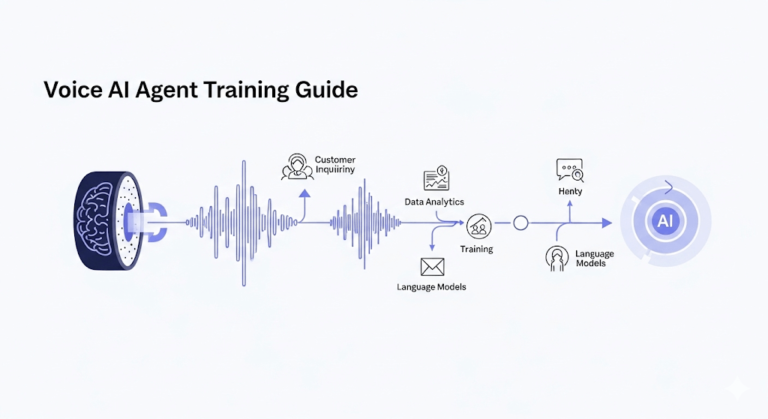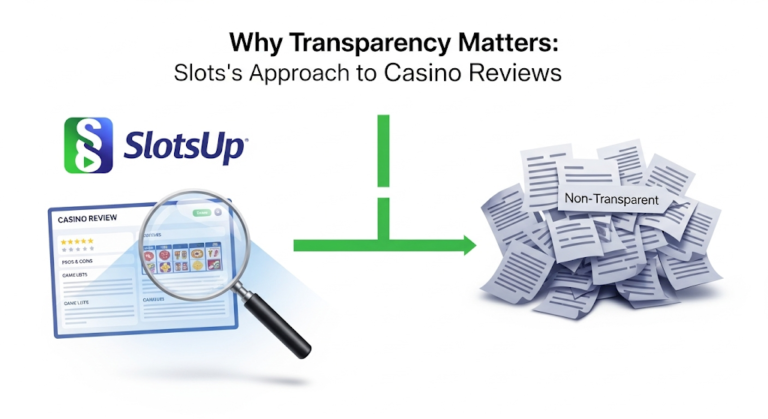
ML and accountants
As digital transformation continues to make headlines, nearly all business professionals agree that advanced technologies are going to significantly change the way we live and work over the next decades.
One of the most widely discussed digital trends in the enterprise is the use of machine learning to automate procedural tasks.
As the backbone of the enterprise, finance has been leading the charge in leveraging machine learning to deliver real-time insights, inform decision making and drive efficiency across the enterprise. Therefore, finance will be one of the first business units to see the impact of these technologies on day-to-day activities—in everything from automating payments to calculating risk and maintaining records.
-
Clearing invoice payments
Today, accounts receivable or treasury clerks struggle to clear invoice payments when customers combine invoices in one payment, pay incorrect amounts or do not include invoice numbers with their payments. To clear the invoice, the employee either has to manually add up various invoices that might match the payment amount, or contact the customer to clarify some information. In the case of a short payment, the employee either has to ask for approval to accept the short payment or request the remaining amount from the customer.
An intelligent system could help by immediately suggesting invoices that might match the paid amount and, based on established thresholds, automatically clear the short payments or automatically generate a delta invoice.
-
Auditing expense claims
Another transactional finance task that could benefit from ML-enhanced automation is expense claim auditing. Finance employees must ensure that receipts are genuine, match claimed amounts and are in line with company policy. While the claim process can be simplified using state-of-the-art travel-and-expense solutions, the auditing is still manual.
What if machine learning could support this process, audit 100 percent of all claims, and send only questionable claims to a manager for approval? The machine could read receipts (even in a foreign language), ensure they are genuine, and match them against the policy.
-
Determining bonus accruals
Today, the accounting team spends a significant amount of time determining bonus accruals. The team looks at the current headcount salaries and bonus plans, and tries to forecast all KPIs in compensation plans. Based on that, finance managers try to calculate the most accurate accrual (and maybe add a buffer, just in case). But in fact, we often find out later that, the accuracy is more a matter of luck.
Deploying ML solutions, we could leave this calculation to a machine that uses all available system data and predictive analytics capabilities to come up with an unbiased accrual. Additionally, this would give accounting teams more time during the precious closing period for activities that require human intervention or judgment.
-
Mapping risk assessments
In assessing commercial proposals for services projects, finance teams are tasked with evaluating each project individually based on the customer characteristics, such as maturity, industry, size, current system landscape and so on, as well as the complexity of the products to be implemented. To make this assessment, finance often relies on managers who have experience with similar projects. While this works to some extent, these decisions are still limited by these individuals’ perspectives.
Machine learning could instead allow teams to access all of the implementation projects the company has ever completed, anywhere in the world, over the last 40 years. Using this data, teams could then map the proposed project against all historical projects and come up with a better-informed risk assessment. This could in turn allow finance managers to provide a better offer to customers using a lower risk uplift, or ensure that there is enough cover in case the risk is high. This capability could significantly increase the company’s revenue and margin.
-
Calculating detailed analytics
Today, almost everybody in financial planning and analysis receives countless calls asking for information such as, “What was our revenue last quarter for this product?” or “What has our growth been over the last five years in this line of business?”
Digital assistants can already answer questions on weather forecasts, stock quotes and so forth. What if they could provide the latest financial results and give decision makers instant access to information? What if finance teams could speak to their ERP systems the way we are already speaking to Siri or Alexa and get an immediate response or a clarifying question? For instance: “For which region?” “In EUR or USD?” or even, “I will send a detailed report to your inbox immediately.”
-
Automating approval workflows
Today, approval workflows are mostly based on two-dimensional matrices that list various conditions based on which approval levels are triggered. But these approval workflows do not consider the broader circumstances. Is the requestor new in the role and might require more supervision? Have previous requests from this requestor been rejected/approved? Is this an exception we usually grant in this scenario?
Intelligent workflows could allow finance teams to distinguish and filter out the true exceptions from the standard low-risk exception that is usually approved anyway. This way, employees do not need to wait for approvals and feel empowered, while still limiting the risk to the corporation.
-
Transforming the finance role
One of the first questions asked of any CFO looking to leverage these technologies is how will this impact jobs in finance? First, the skills required of those in the finance function will drastically change. Transactional jobs will become less critical, while business partnering, cross-functional knowledge and tech savviness will become more important. These systems must be built, maintained and integrated into existing operational systems and processes. However, while the resources required for these transactional tasks will be fewer, the fast-changing business models driven by digitization will require additional finance resources to be developed and supported.
Many other functions besides finance, including HR, procurement and legal, will be equally affected. The best thing leaders can do to prepare for the impact of machine learning technology is to strive to develop a learning culture, so employees can stay ahead of what is coming. Now is the time for CFOs to educate and prepare themselves on this topic, so they can lead their teams in adapting when the time is right.




